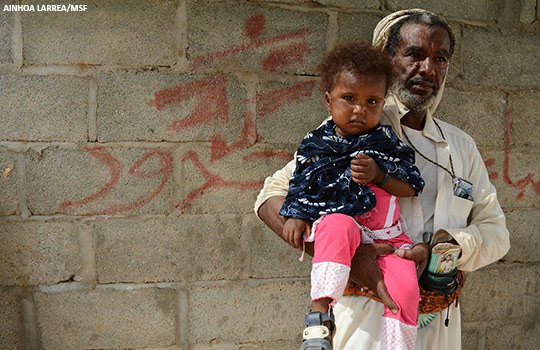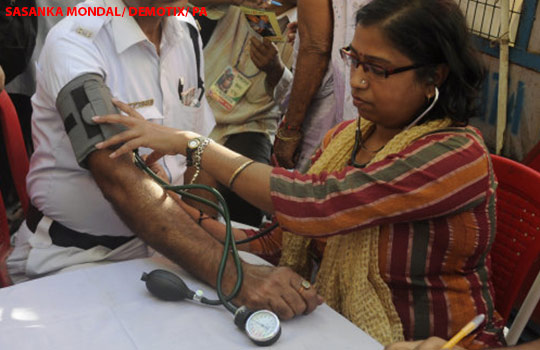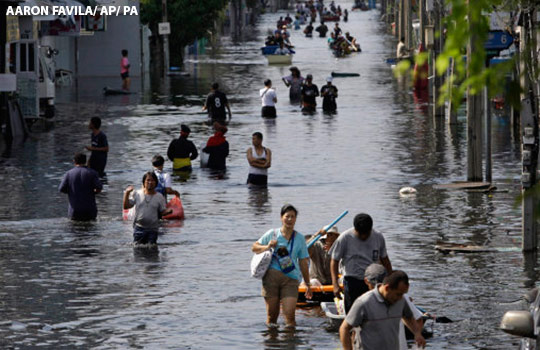My first global health experience was an elective in South Africa during medical school in 2001, at a time when antiretroviral therapy was not available to the vast majority of HIV-infected individuals worldwide. Although diseases such as HIV, TB and malaria had proven treatments, they were neglected, whether in terms of attention or political will, […]
Jeffrey Aronson: When I use a word . . . Paramedics

To begin with, flex your mental muscles. To flex (Latin flectere) means to bend; a flex is easily bent. Reflection is bending back, of objects, light (as in the retinal reflex), and, metaphorically, thoughts. Retroflected means bent backwards, as a uterus may be, and a retroflex sound is one that’s articulated with the tongue curled […]
Melissa McRae: Yemen still remains an afterthought for the international community

The scale of suffering in Yemen is hard to grasp, but should be impossible to ignore […]
Kanchan Mukherjee: Bridging the gap between India’s researchers and policy makers on NCDs

Research institutes have an important role in addressing India’s NCD burden […]
Tessa Richards: Patient and public involvement in research goes global

More and more, organisations are seeking to push the envelope towards “co-production” of research […]
Return failing drug and alcohol detoxification services to NHS control

We must draw attention to the evisceration of a previously well-functioning addiction treatment system […]
Scott O Lilienfeld: The role of psychiatrists in the age of Trump

The rise of Trump has ignited fierce debate about the Goldwater rule, but what, if anything, would a formal diagnosis of Trump tell us? […]
Jay Lemery et al: We need climate doctors

There is a looming healthcare crisis, and we are woefully short of doctors… Sound familiar? Except in this case, we are talking about the “biggest global health threat of the 21st century” (The Lancet) and one that our healthcare community is distressingly incapable of articulating the danger of. Catastrophic flooding in Nepal and the Indian […]
Nishma Manek and David Haslam: Denigration of general practice is still rife

We must confront systematic denigration within medical training, and foster mutual respect between specialties […]
Richard Smith: Angry at the delay, waste, and inefficiency caused by medical journals

A friend from a middle income country writes to me in despair about the way he and his colleagues have been treated by medical journals. His story made me angry at medical journals and the delay, waste, and inefficiency they cause for no obvious benefit. My friend and his colleagues conducted a huge pragmatic cluster […]